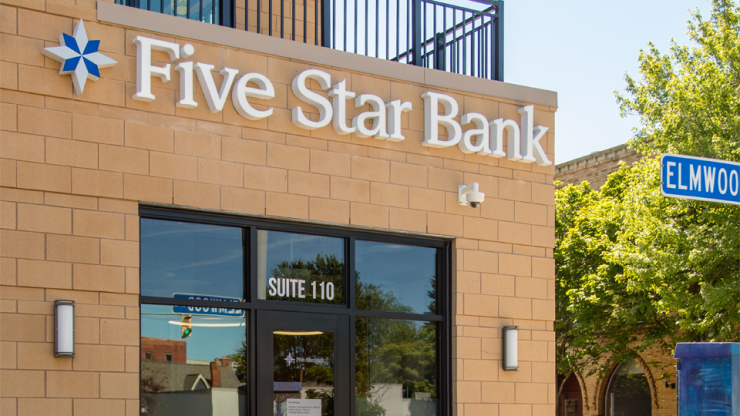UPDATE: This article includes commentary from Bryan Mulcahey, Jason Henrichs and Damon DelMonte, and additional thoughts from Martin Birmingham.
The parent company for
On Monday, Financial Institutions Inc., which has $6.1 billion of assets and is the parent of both Five Star and Courier Capital, said Five Star would quit
This decision took several factors into account including "the contribution of BaaS to our core financial results,
In an elaboration via email, Birmingham added, "The regulatory and risk-management goalposts keep moving for U.S. financial institutions in this business, and ours is not the first bank to announce plans to begin winding down its BaaS offering. At the same time, this has been a relatively low-cost, break-even business to date."
Five Star's exit is another sign of turmoil in the BaaS space. Some banks, including
It's also not a sign of the sector's demise. Many others remain committed to the space, even though they contend with
"The banks that are contracting right now are the ones that weren't fully committed to it," said Jason Henrichs, founder and CEO of community bank consortium Alloy Labs Alliance. "It looks easy on the surface to say we do compliance, we open accounts, we do these things already, but it's a completely different business."
He estimates the initial investment for launching a program in the first place, between staffing, training and infrastructure, to be $2 million. The reasons Five Star outlined in the press release about why it is leaving the space make sense to him.
"The banks that do [BaaS] well are going to absolutely crush it," said Henrichs. "But you have to be committed."
In Five Star's case, the BaaS business accounted for 2% of total deposits and less than 1% of loans. Of the 12 fintech partnerships Five Star had forged, only four are currently live; the other eight are in various stages in Five Star's pipeline.
"Given the modest size of the business, the financial impact of the wind-down is expected to be immaterial," said Birmingham via email.
The bank is "working to support orderly transitions for its
"We see significant opportunity and growth potential for our retail banking, commercial banking and
The company expects to retain all employees in the bank's BaaS business and redeploy them, according to the press release. In 2023, the bank
Damon DelMonte, managing director at Keefe, Bruyette & Woods, believes that Five Star was committed to the model and saw it as a way to both increase loans and deposits as well as differentiate itself from other community banks in its upstate New York footprint. But he is not surprised by the decision.
"At the end of the day, they are probably looking at the opportunities in front of them and saw the reallocation of resources to their traditional core community banking lines of business as a better avenue to generate more profitability and better returns for the shareholders," he said.






